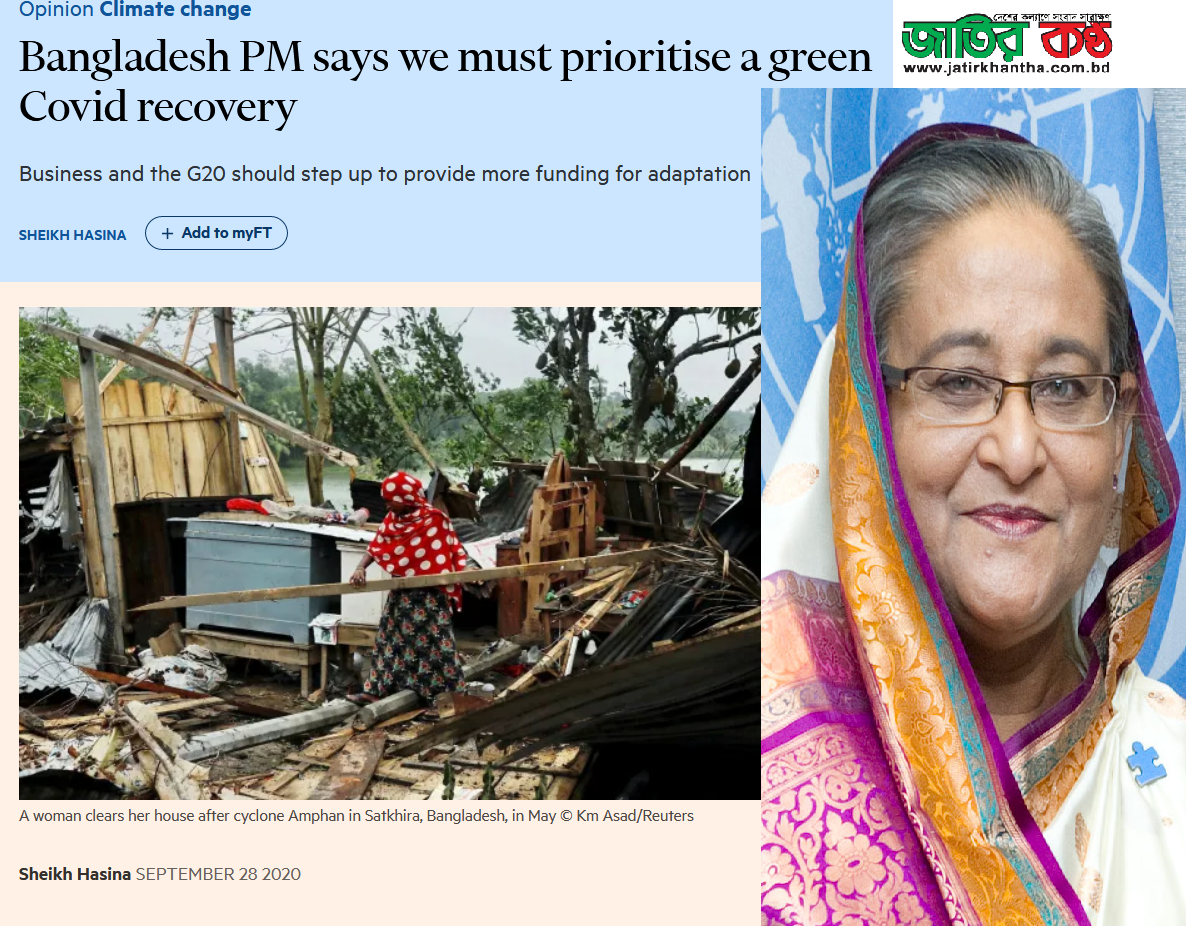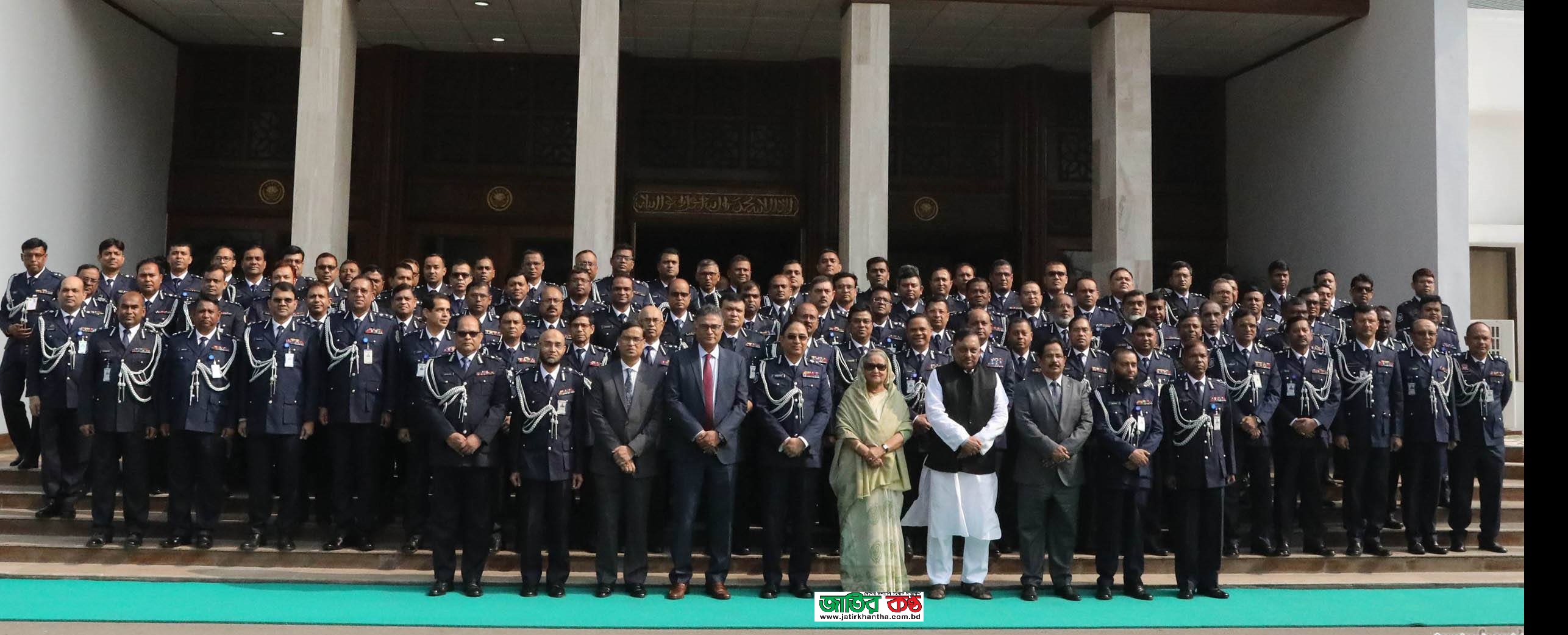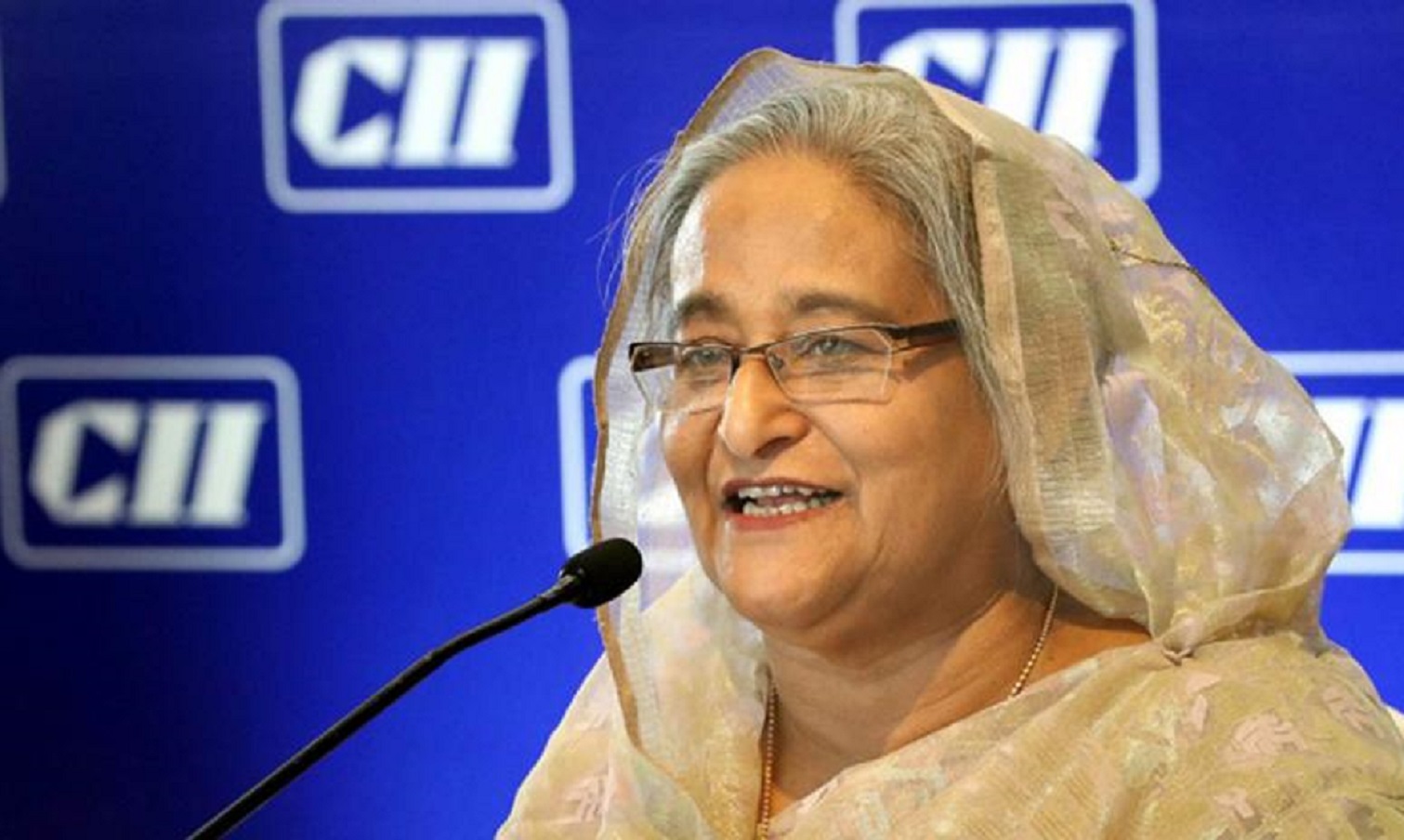‘some Rohingya are a serious security threat’
Desk Reporter: The Indian government told the country’s top court on Monday that some of the Muslim  Rohingya who have fled Myanmar are a serious security threat as it sought to justify moves to deport up to 40,000 of them.
Rohingya who have fled Myanmar are a serious security threat as it sought to justify moves to deport up to 40,000 of them.
Mukesh Mittal, a senior home ministry official, said the Supreme Court must allow the government to take a decision in the wider interests of the country since some of the Rohingya have an extremist record.
“Some of the Rohingyas with militant background are also found to be very active in Jammu, Delhi, Hyderabad and Mewat and have been identified as having a very serious and potential threat to the national security of India,” he said in a written statement to the court.
The statement also highlighted the “serious potential” for an “eruption of violence against the Buddhists who are Indian citizens who stay on Indian soil”The Rohingya have denied any link with Islamic extremist groups.
The statement came in response to a petition filed at the Supreme Court challenging the government’s decision to deport the Rohingya, many of whom have been in India for the past decade.The United Nations says there are 16,000 registered Rohingya in India, but many more are undocumented. The government puts the figure at 40,000.
About 7,000 of them live in shanties in India’s Jammu region in the Himalayas. They say they have faced hostility from the majority Hindu community there.Rights groups have urged India to abide by its international obligations after the government said last month it had asked state authorities to identify and deport the Rohingya living in their territory.
And many experts question where India could send the Rohingya even if the deportations get Supreme Court backing. Myanmar claims the community are illegal immigrants from Bangladesh and denies them citizenship.
The Rohingya have been fleeing Buddhist-dominated Myanmar for decades. The latest exodus began after Rohingya militants attacked police posts there on 25 August and triggered a fierce military backlash.More than 400,000 Rohingya have fled to neighbouring Bangladesh since then and the UN has said the army’s action could amount to ethnic cleansing.
Lawyer Prashant Bhushan, representing the Rohingya at the Supreme Court hearing, said the Indian constitution “provides equal rights and liberty to every person” including non-citizens.Mohammad Salimullah, one of the two Rohingya petitioners, said the authorities in New Delhi had always been helpful so he was hopeful the court would support the refugees.
“In the five or six years that we have been here, we have never felt that we are foreigners here nor have we ever felt any kind of fear,” Salimullah told AFP ahead of the case.While Bangladesh has been the main destination for Rohingya over the years, some have ended up in India and Nepal. There are also some in Pakistan.








